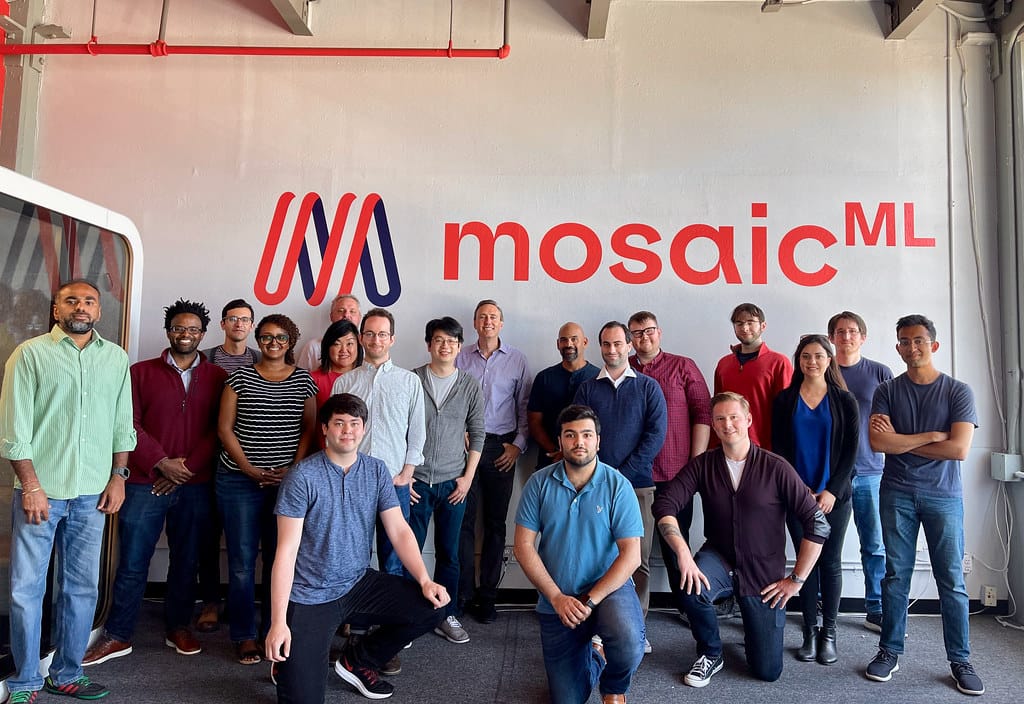DeepSeek's R2 AI Model Nearly Derailed by Faulty Huawei Chips
A hardware crisis threatened to sink one of China's most promising AI breakthroughs, revealing the fragile supply chains behind cutting-edge artificial intelligence development.
China's DeepSeek made headlines worldwide with its breakthrough R2 reasoning model, but behind the scenes, the company faced a near-catastrophic hardware crisis that almost prevented the model from seeing the light of day. According to industry sources, faulty Huawei chips nearly derailed the entire R2 project, highlighting the precarious position of Chinese AI companies navigating international sanctions and domestic supply chain challenges.
The Hardware Nightmare That Almost Was
DeepSeek's journey to develop its R2 model—a significant advancement in AI reasoning capabilities—hit a major snag when the company discovered critical flaws in a batch of Huawei's Ascend 910B AI training chips. The defective processors, which were intended to power the intensive computational requirements of training the R2 model, exhibited inconsistent performance and unexpected failures during extended training runs.
Sources close to the development team revealed that the faulty chips caused training instabilities that resulted in model degradation and corrupted training checkpoints. This forced DeepSeek engineers to restart training processes multiple times, burning through precious computational resources and threatening project timelines.
Supply Chain Vulnerabilities in the AI Race
The incident underscores a broader challenge facing Chinese AI companies: heavy reliance on domestic chip suppliers due to U.S. export restrictions on advanced semiconductors. While companies like DeepSeek have achieved remarkable results despite these constraints, the Huawei chip crisis demonstrates the fragility of alternative supply chains.
"This situation perfectly illustrates the double-edged sword of technological sovereignty," explained Dr. Sarah Chen, a semiconductor industry analyst at Beijing Tech Insights. "Chinese AI companies are caught between international sanctions limiting access to cutting-edge foreign chips and the growing pains of domestic alternatives."
The faulty Huawei chips reportedly suffered from thermal management issues and memory bandwidth bottlenecks that became apparent only during the intensive, prolonged computations required for large-scale AI model training. These problems weren't immediately visible in standard benchmarks, making them particularly problematic for AI workloads.
Crisis Management and Quick Pivots
Faced with potential project failure, DeepSeek's engineering team implemented several emergency measures. The company reportedly negotiated access to a limited quantity of older but more reliable GPU alternatives through various channels, while simultaneously working with Huawei to identify and replace the defective chip batches.
Internal documents suggest that DeepSeek also redesigned portions of their training pipeline to be more resilient to hardware failures, implementing more frequent checkpointing and distributed training techniques that could better handle individual processor failures.
The crisis management efforts extended DeepSeek's development timeline by approximately six weeks, but ultimately enabled the successful completion of the R2 model that has since impressed the global AI community with its reasoning capabilities.
Implications for China's AI Ambitions
This near-miss has significant implications for China's broader artificial intelligence strategy. The incident highlights the risks of relying heavily on domestic semiconductor suppliers that may not yet match the reliability standards required for cutting-edge AI development.
Industry observers note that while Huawei's Ascend chips represent impressive technological achievements given the constraints of international sanctions, incidents like this underscore the need for more rigorous quality control and testing procedures in China's domestic chip manufacturing ecosystem.
The situation also raises questions about transparency in China's AI supply chain. The fact that such a significant hardware issue remained largely unreported until after DeepSeek's successful model launch suggests that Chinese AI companies may be downplaying supply chain challenges to maintain confidence in domestic alternatives.
Looking Forward: Lessons Learned
Despite the near-disaster, DeepSeek's successful navigation of this hardware crisis may actually strengthen China's position in the global AI race. The experience has likely forced Chinese AI companies to develop more robust engineering practices and contingency planning that could prove valuable in future developments.
The incident serves as a reminder that the race for AI supremacy isn't just about algorithms and data—it's fundamentally dependent on reliable, high-performance hardware infrastructure. As geopolitical tensions continue to reshape global technology supply chains, companies like DeepSeek will need to balance innovation ambitions with the realities of hardware constraints and supply chain vulnerabilities.
For the broader AI industry, DeepSeek's near-miss with faulty chips demonstrates that breakthrough innovations often emerge from overcoming significant technical and logistical challenges, not just algorithmic advances.

